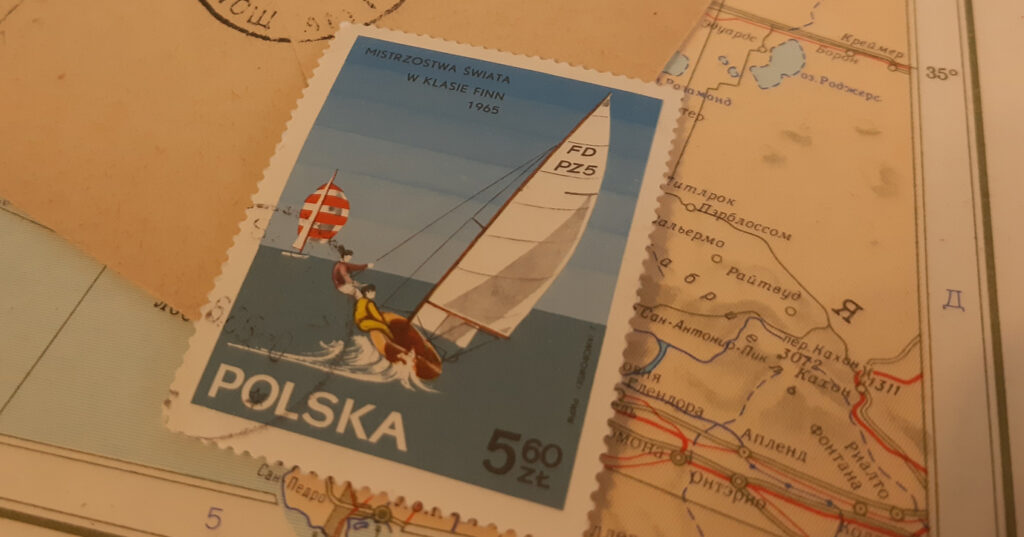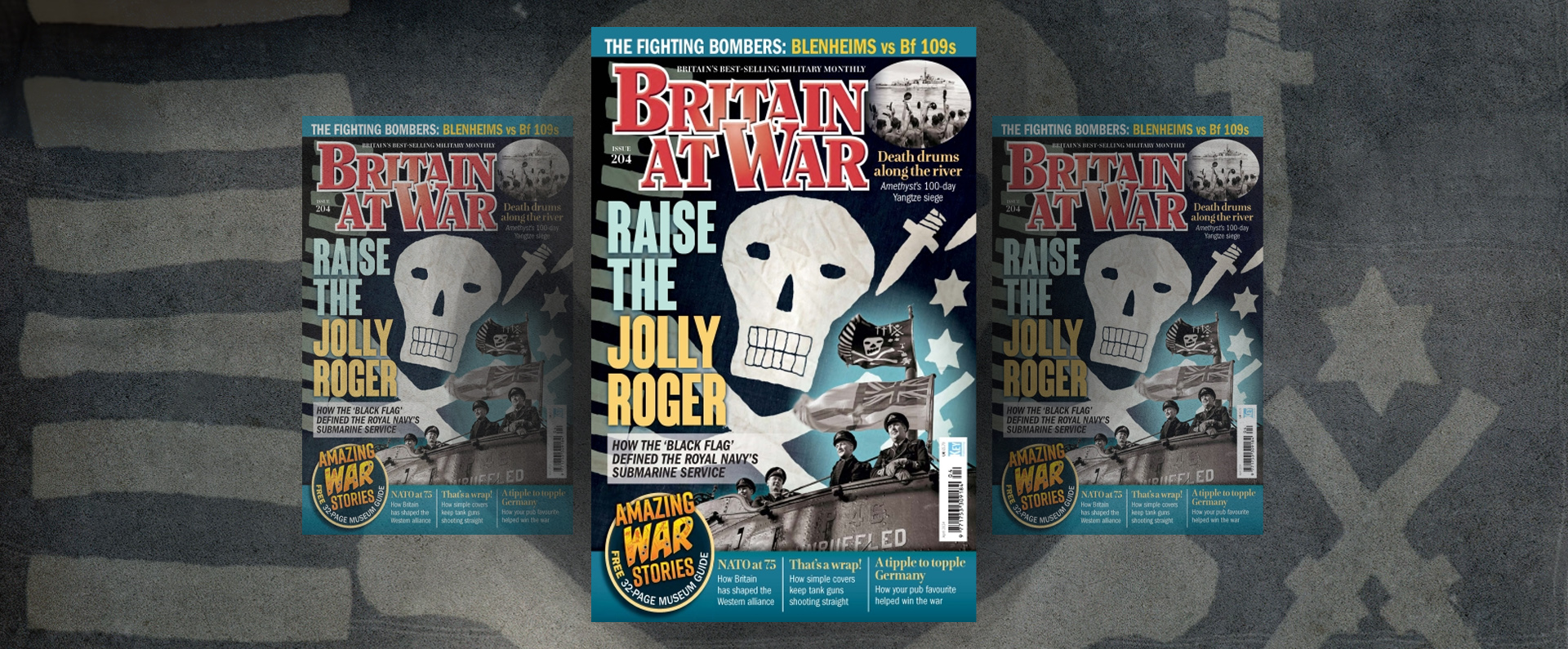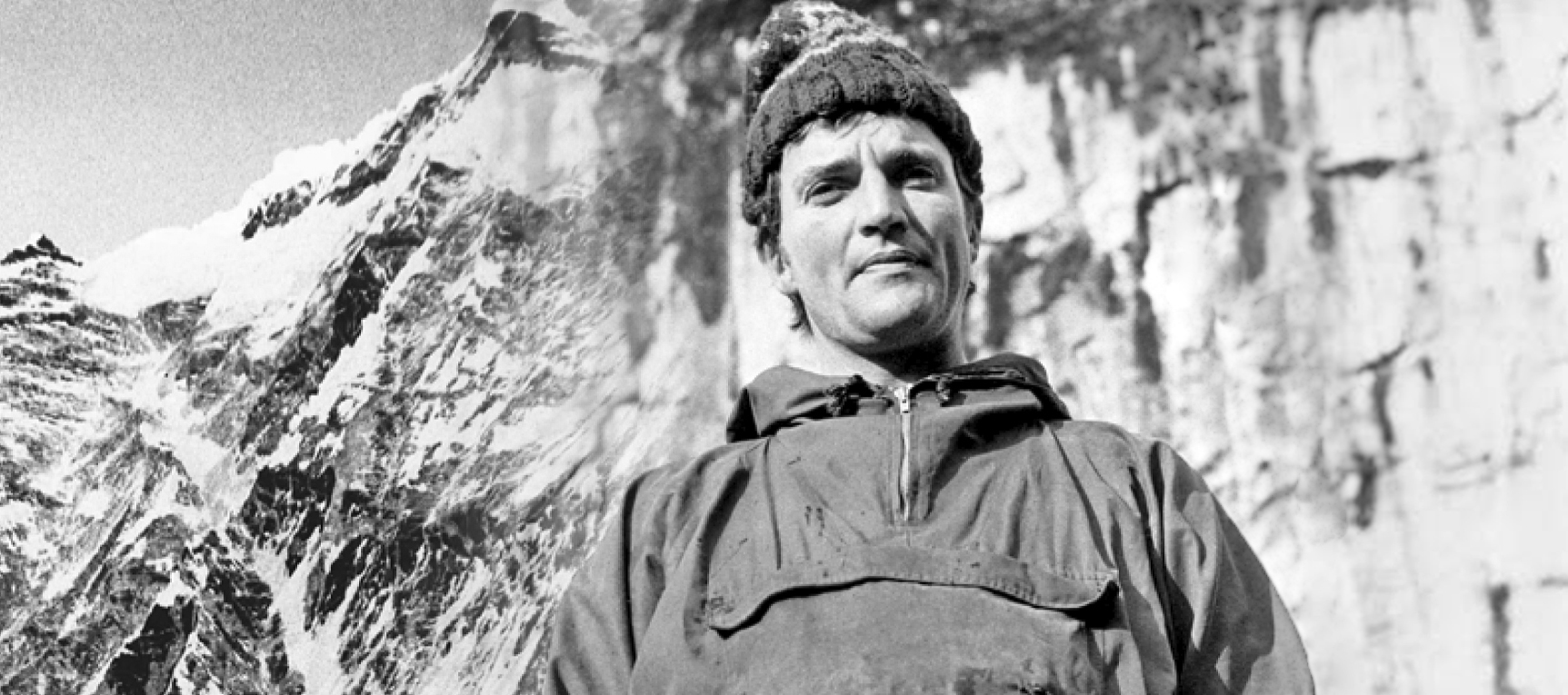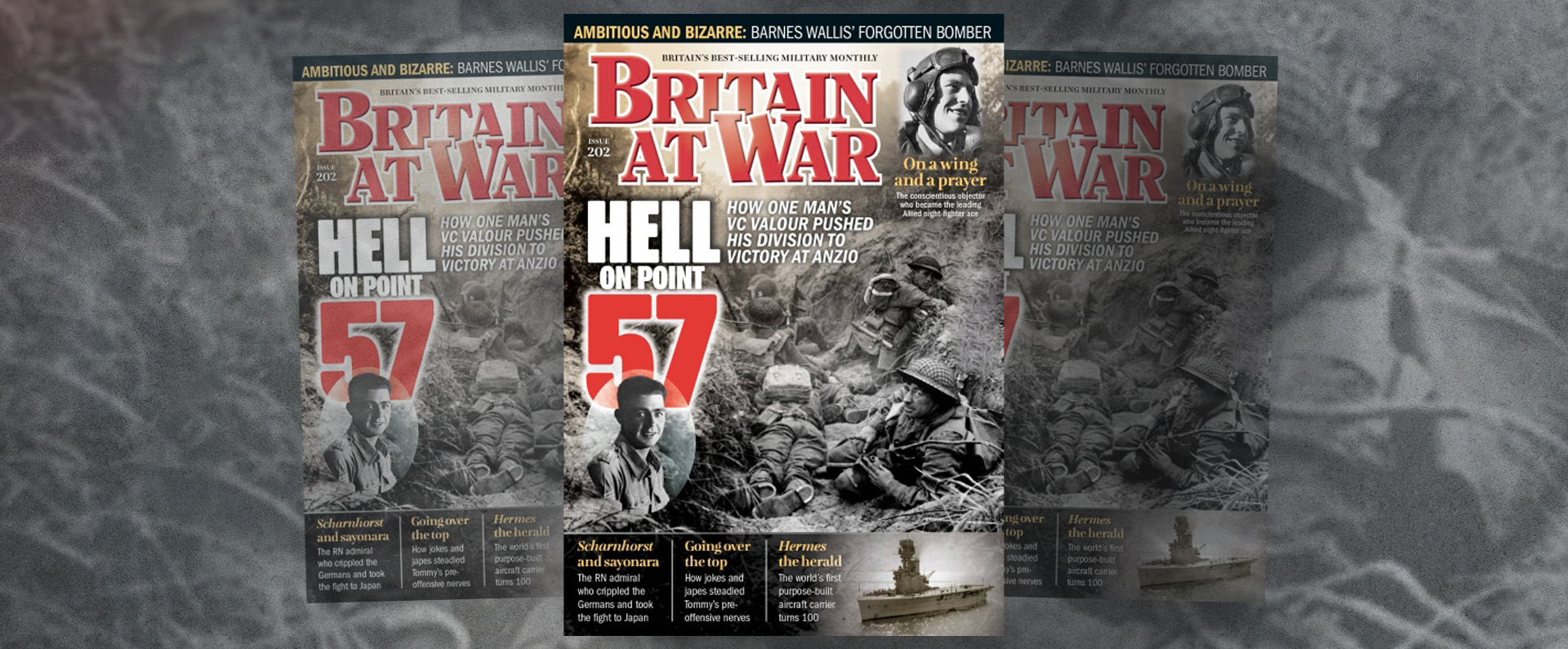
I have been greatly saddened this week by the revelations that, in the wake of the Brexit vote, there has been a spate of racially-motivated “hate crimes” against ethnic minority groups. With immigration emerging as a key theme in last week’s EU referendum, both Poles and Muslims up and down the country have been targeted by racists who have been venting their misplaced anger and frustrations.
The attacks included two Polish men being savagely beaten up in east London, a Polish community centre in west London being subjected to abusive graffiti and Polish immigrants in Huntingdon, near Cambridge, receiving cards that read: “Leave the EU – no more Polish vermin”.
Earlier this month, I wrote on ConservativeHome of my admiration for Muslims who have fought for Britain and its Allies in two world wars. And I hold Poles who have fought with Britain and its Allies against the evils of Nazi Germany in similar regard. During the Second World War, they fought on land, sea and, particularly, in the air against Hitler and his Armed Forces.
After the German and Soviet invasions of Poland in September 1939, the Polish Army was defeated in the field after little more than a month of albeit heavy fighting. However, the country’s war effort was anything but over as its government-in-exile became determined to continue with its military contribution, initially mobilizing the majority of its forces in France.
Later, after the fall of France, the government-in-exile, which was based in Britain, formed both a Polish Army and Polish Air Force in the UK. Polish pilots fought in the Battle of Britain, where the Polish 303 Fighter Squadron claimed more “victories” than any other squadron. In all, during the six-year conflict, ten Polish fighter squadrons went into action in various theatres of war, including north Africa.
In the second half of 1941 and early 1942, Polish bomber squadrons formed an astonishing one sixth of the manpower available to RAF Bomber Command. Indeed, Polish aircrew losses serving with Bomber Command from 1940 to 1945 included more than 900 Polish servicemen killed and many more wounded. By the end of the war, more than 19,000 Poles were serving in the RAF.
As a collector of gallantry medals (particularly Victoria Crosses) for the past 30 years, I am full of admiration for the bravery of Polish pilots and, in my collection of medals for bravery in the air, I have four medal groups awarded to these courageous Polish pilots.
I feel hugely privileged to be the custodian of gallantry and service medals awarded to Sergeant (later Flight Lieutenant) Michal Maciejowski, Sergeant Josef Jeka, Pilot Officer (later Group Captain) Stefan Witorzenc and Flight Sergeant (later Flight Lieutenant) Kazimierz Wunsche.
Maciejowski, a formidable character nicknamed “Micky Mouse” by British pilots who could not pronounce his name, was awarded the Distinguished Flying Medal (DFM) in 1941 and the Distinguished Flying Cross (DFC) the following year. He had eleven and a half “kills”, three “probables” and several damaged enemy aircraft before being captured as a PoW in August 1943 after a mid-air collision with an Allied aircraft.
Jeka, who was awarded the DFC in 1942, was shot down in May 1944 over Occupied France but evaded capture, was hidden by the French Resistance for two months and, eventually, rejoined his unit in September that year, before returning to the skies.
Witorzenc was awarded the DFC in 1942 after his enemy “kills” included German ace Horst “Jacob” Tietzen, who at the time had 27 “victories” to his name.
Wunsche was awarded the DFM in 1942 and the DFC in 1945 after an astonishing wartime career in which his courage as a fighter pilot was matched by his exceptional skill and resolute determination.
Is it surprising that, with these four stories and many more like them, my admiration for the Polish people remains so high? In my book, Heroes of the Skies, I championed the great courage of these four airmen, and many other pilots and aircrew of all nationalities.
It would be wrong to suggest that it was only Polish pilots who played a leading role in the Allied war effort. For example, Poles fought bravely and tenaciously in the Italy campaign of 1944-45, indeed their infantry in the Monte Cassino battle were stupendous.
Of course, in modern-day Britain, the contribution of Polish men and women extends to their enormous input to our economy. The vast majority of the estimated 800,000 Polish-born, men, women and children now living in Britain are law-abiding and hard-working, and so to make them the targets of “race hate” crimes is both appalling and impossible to justify.
The Poles were our friends in times of war, and in times of peace – even trying and testing ones likes we have today – we must never forget it.
Those wanting more information on Lord Ashcroft’s book, Heroes of the Skies, should visit www.heroesoftheskies.com.



